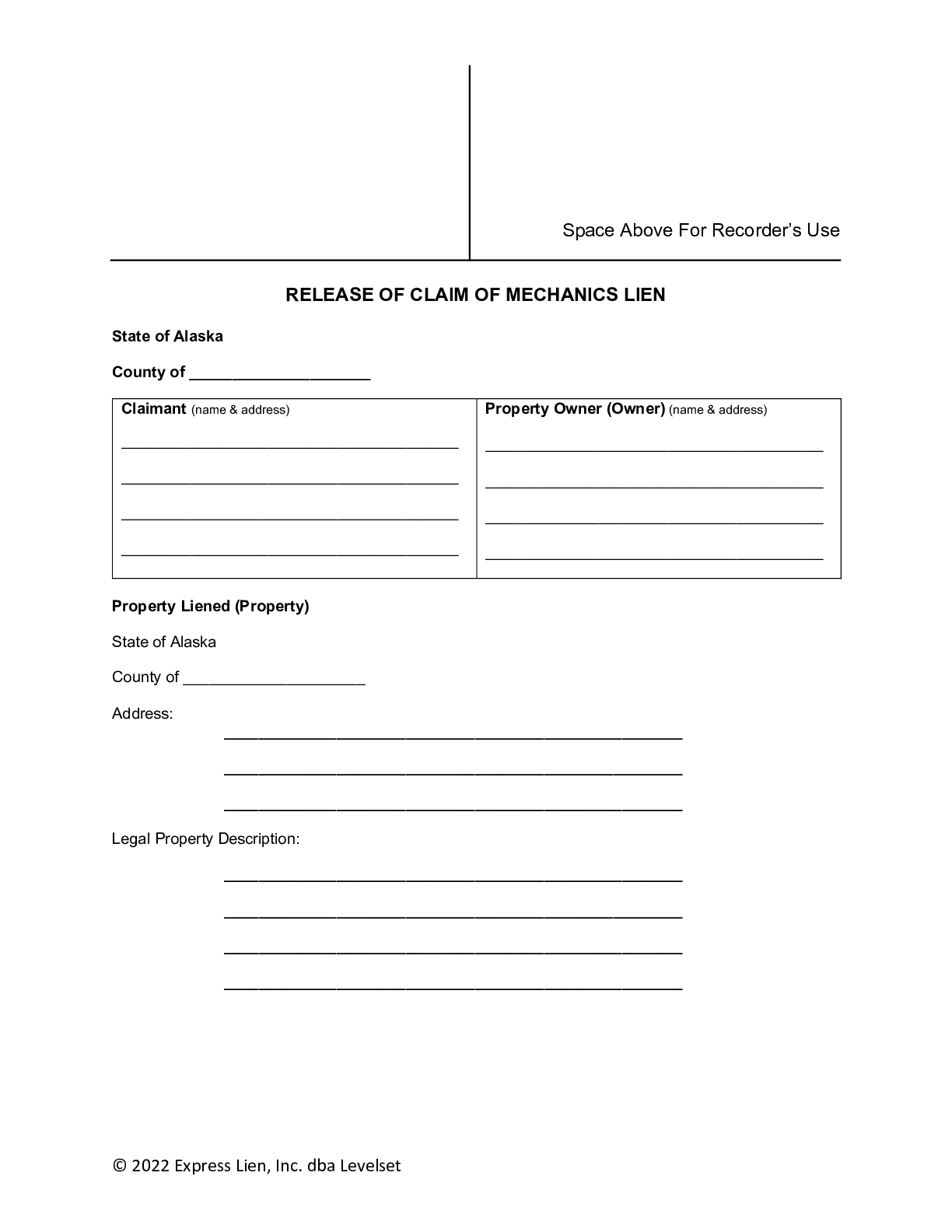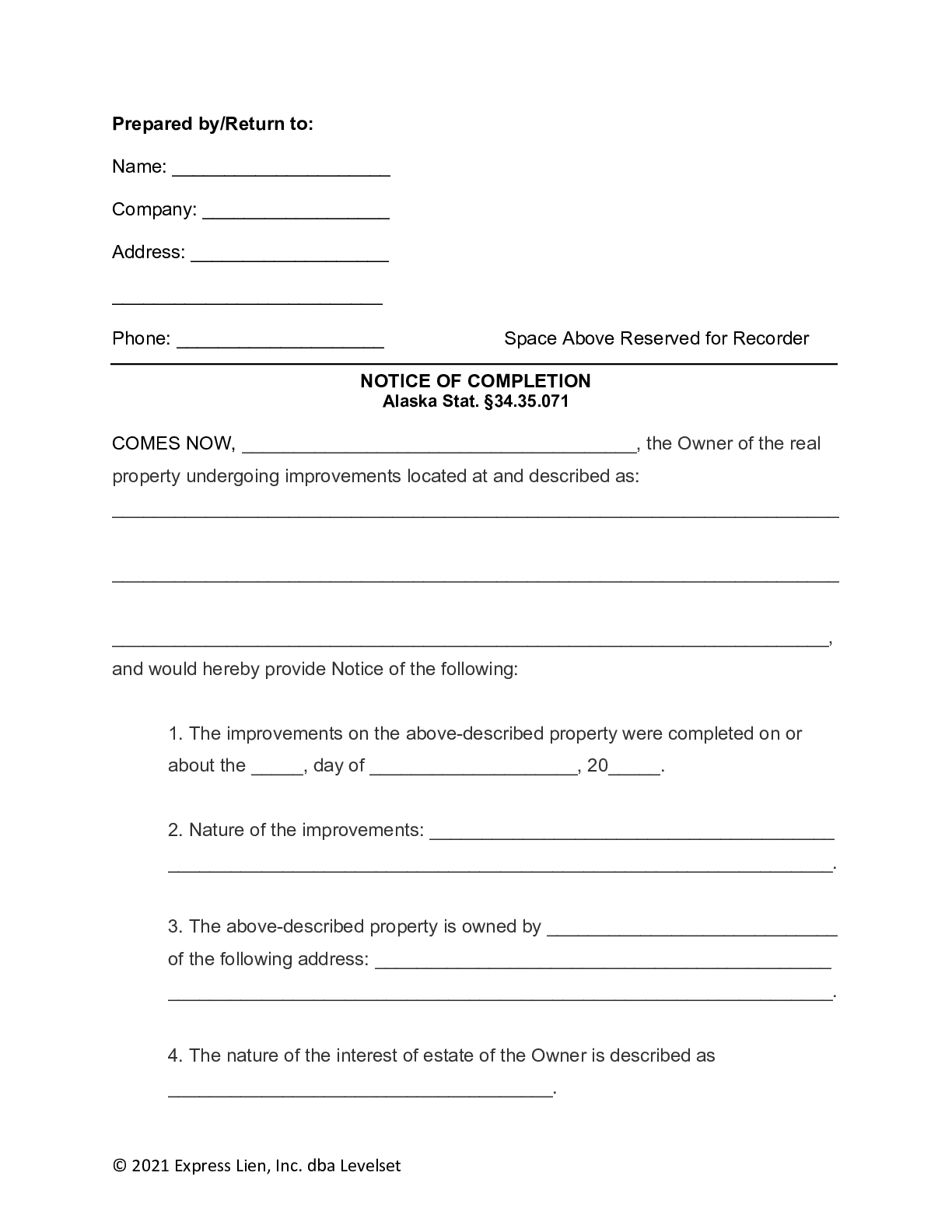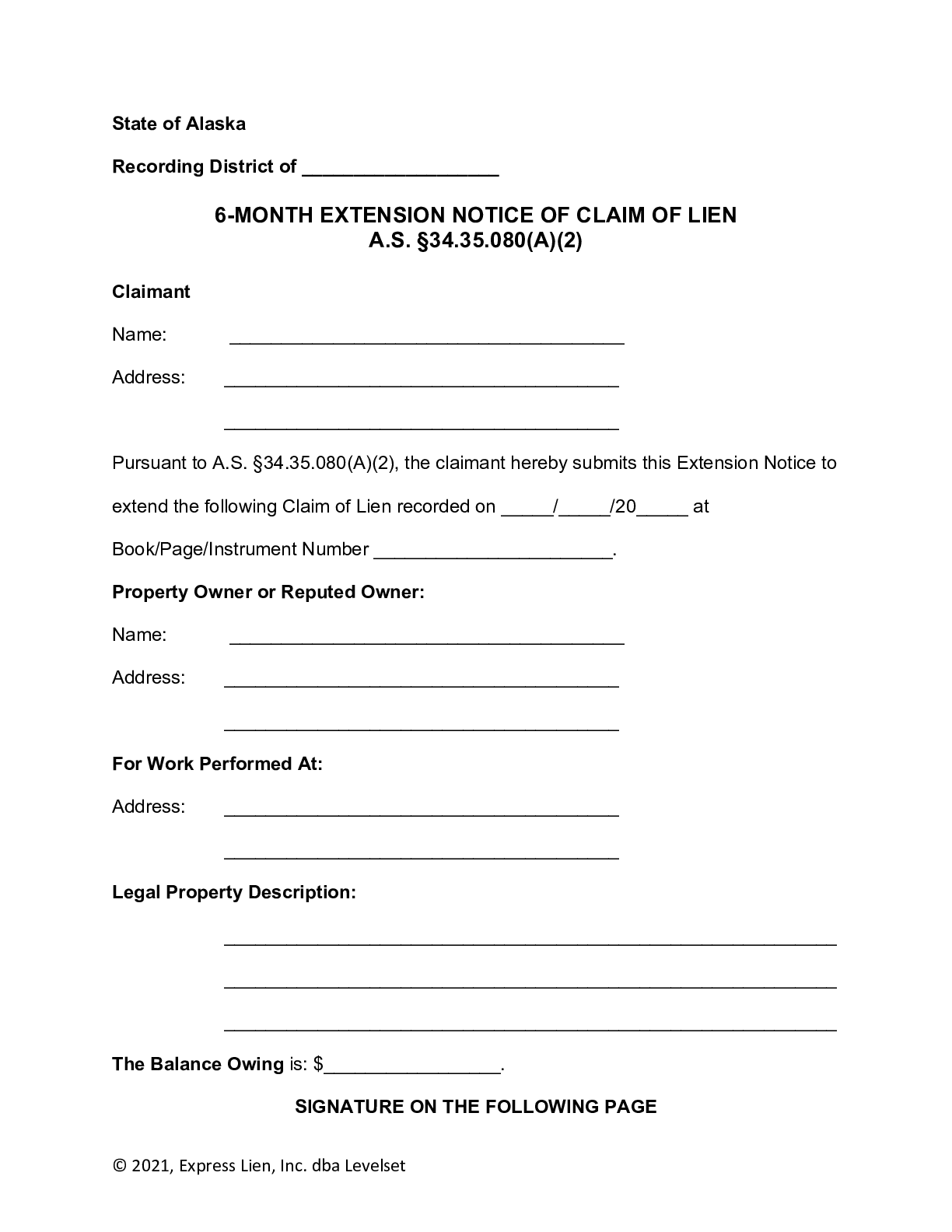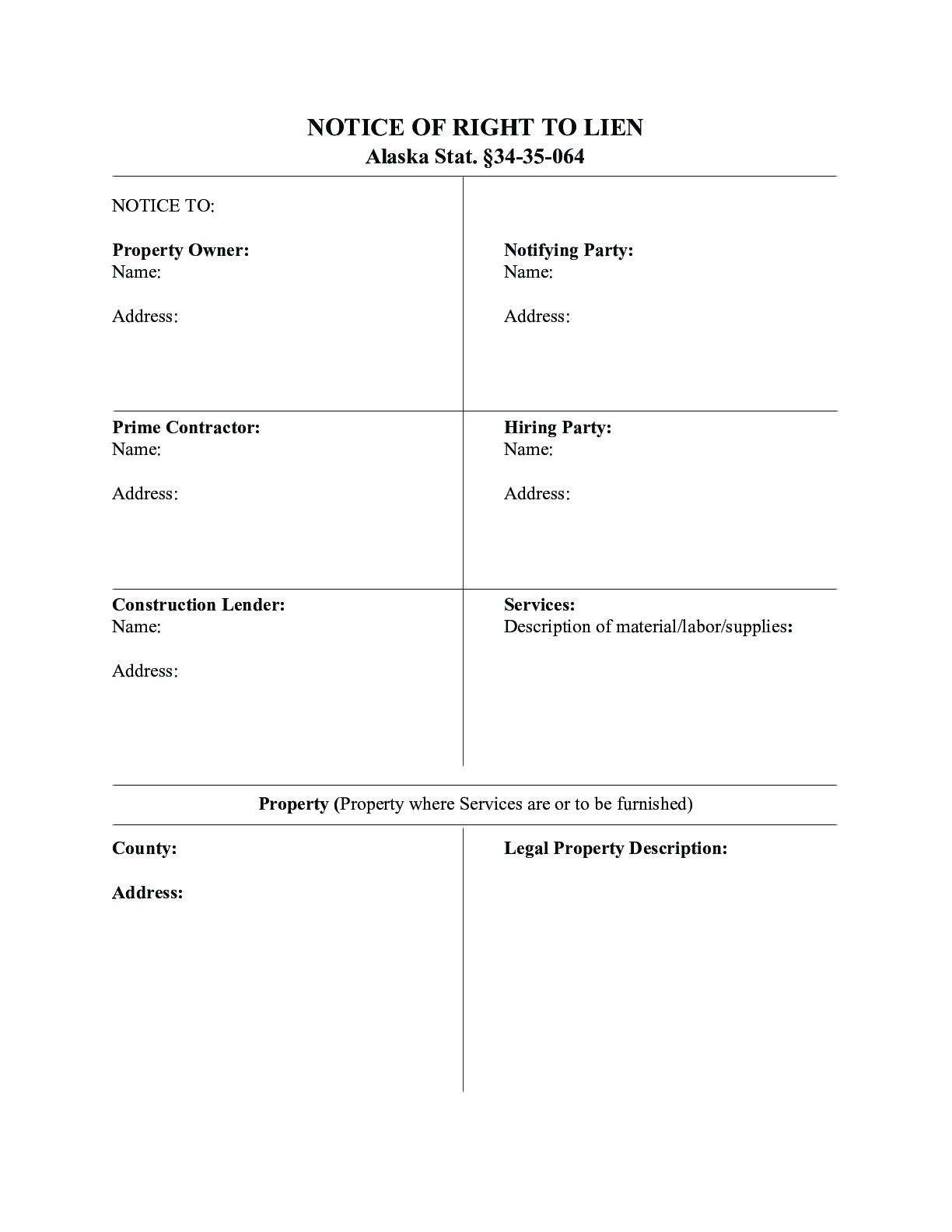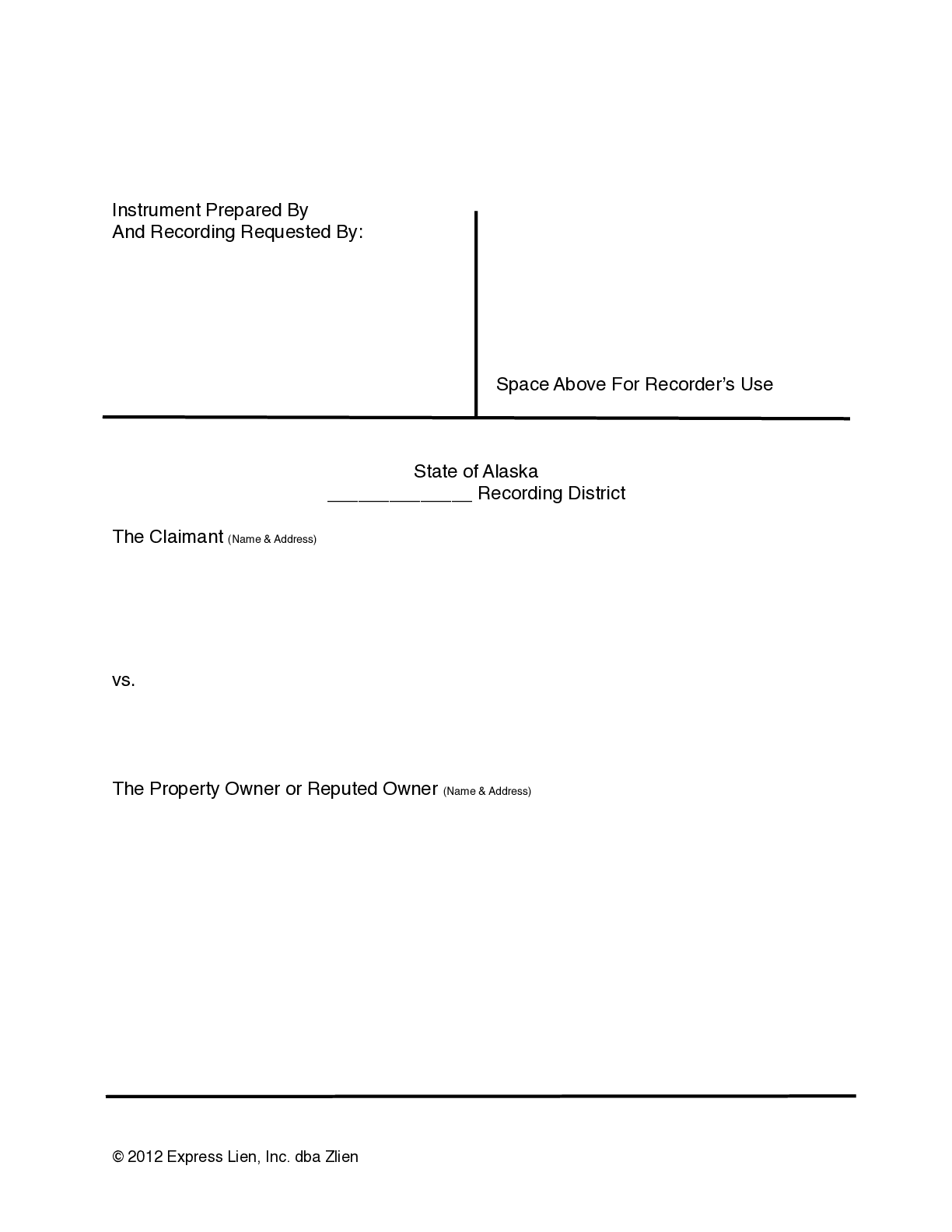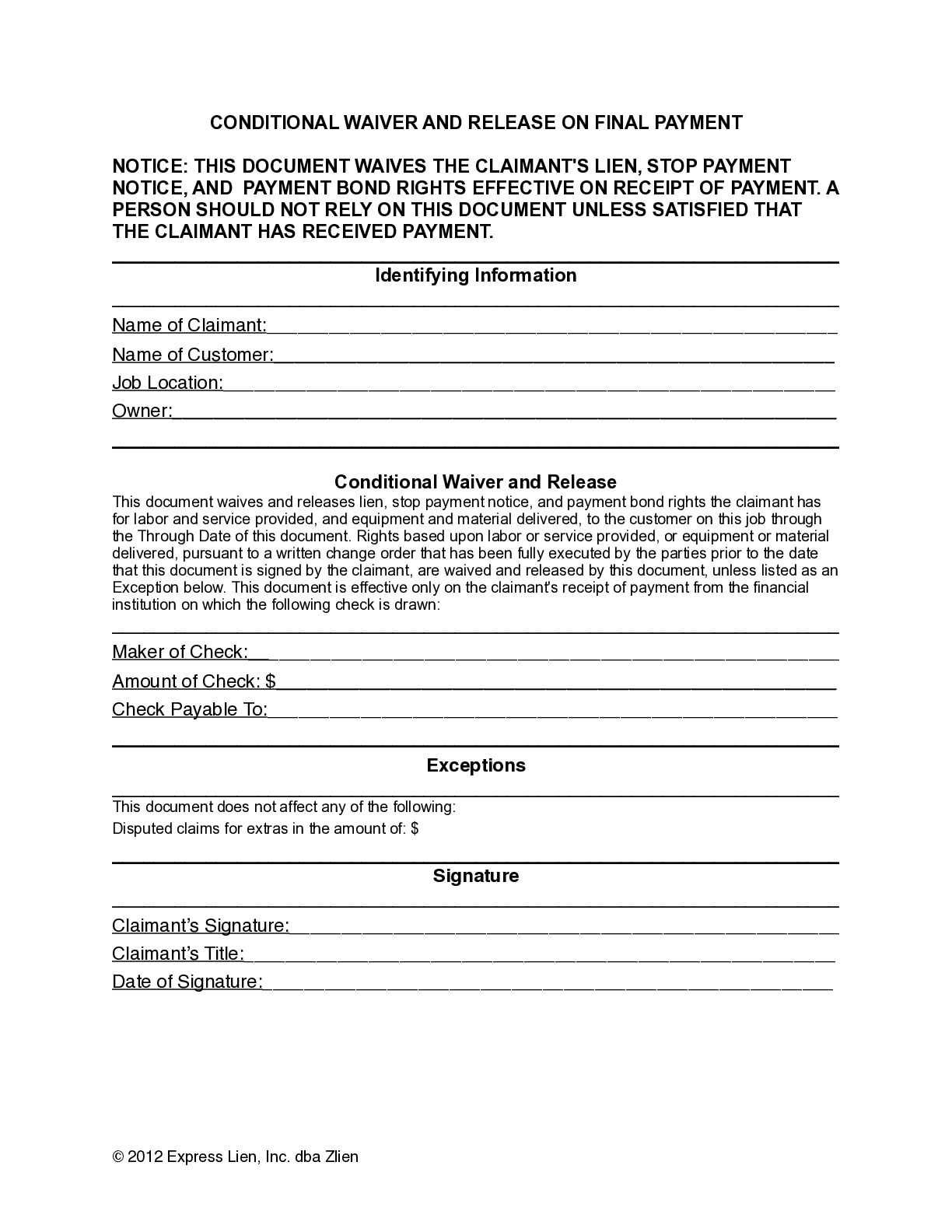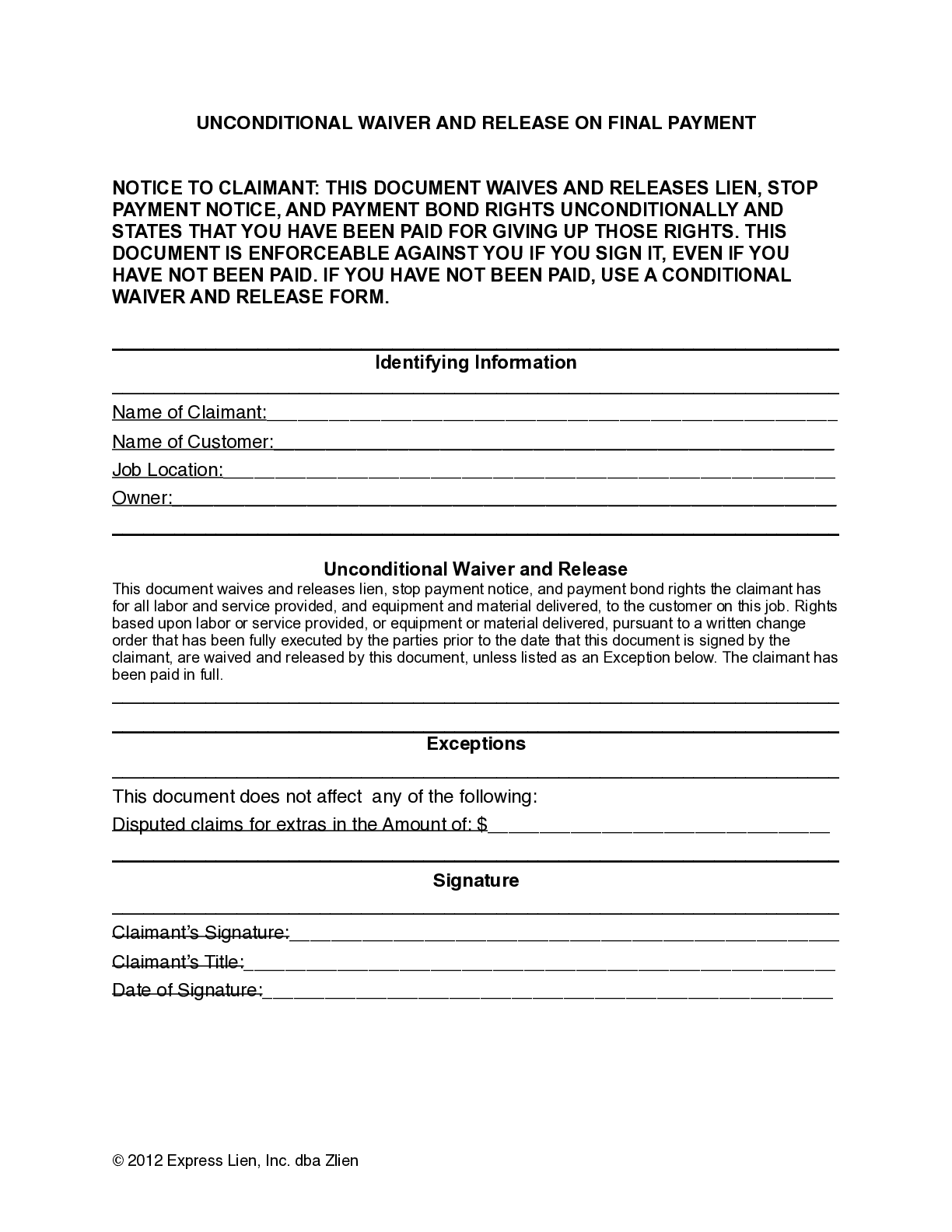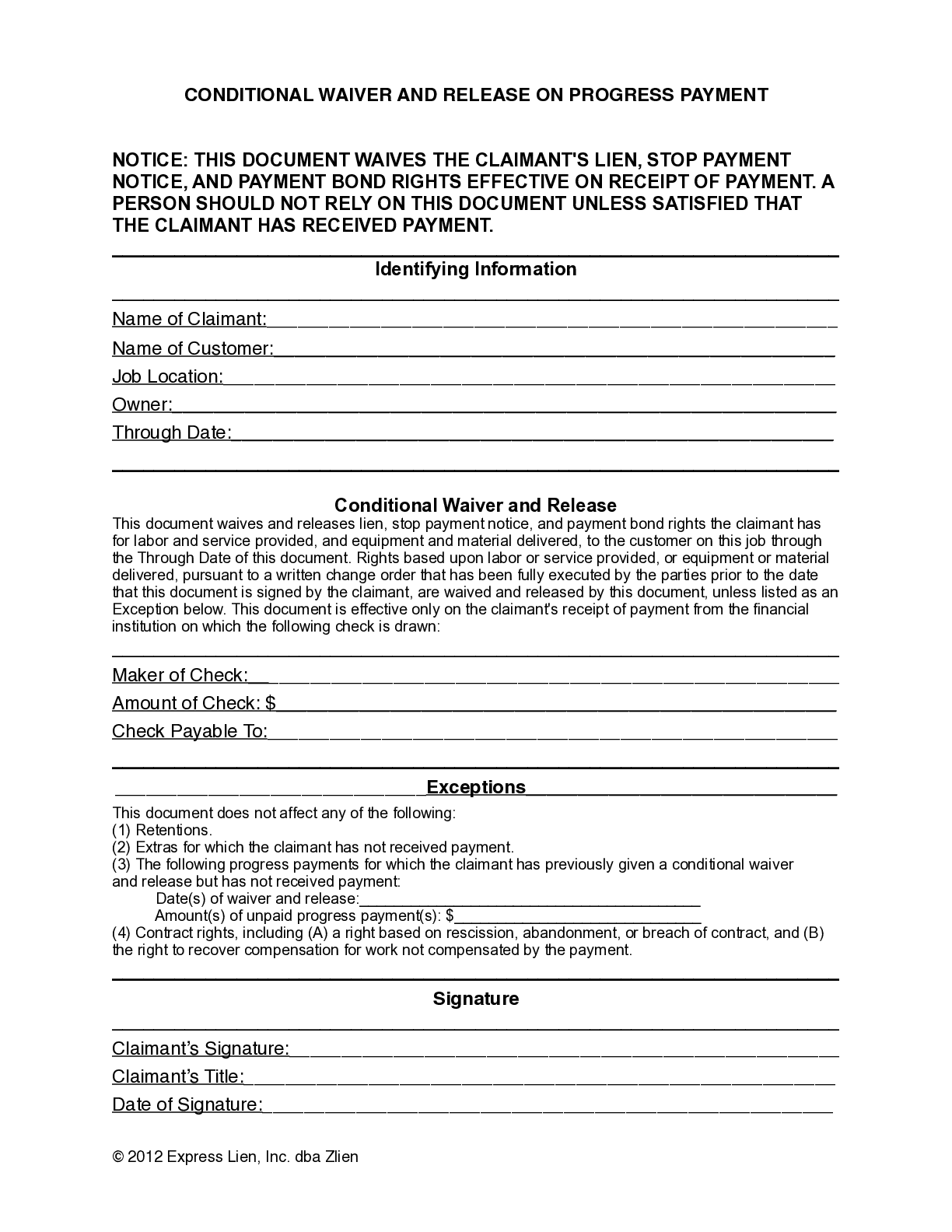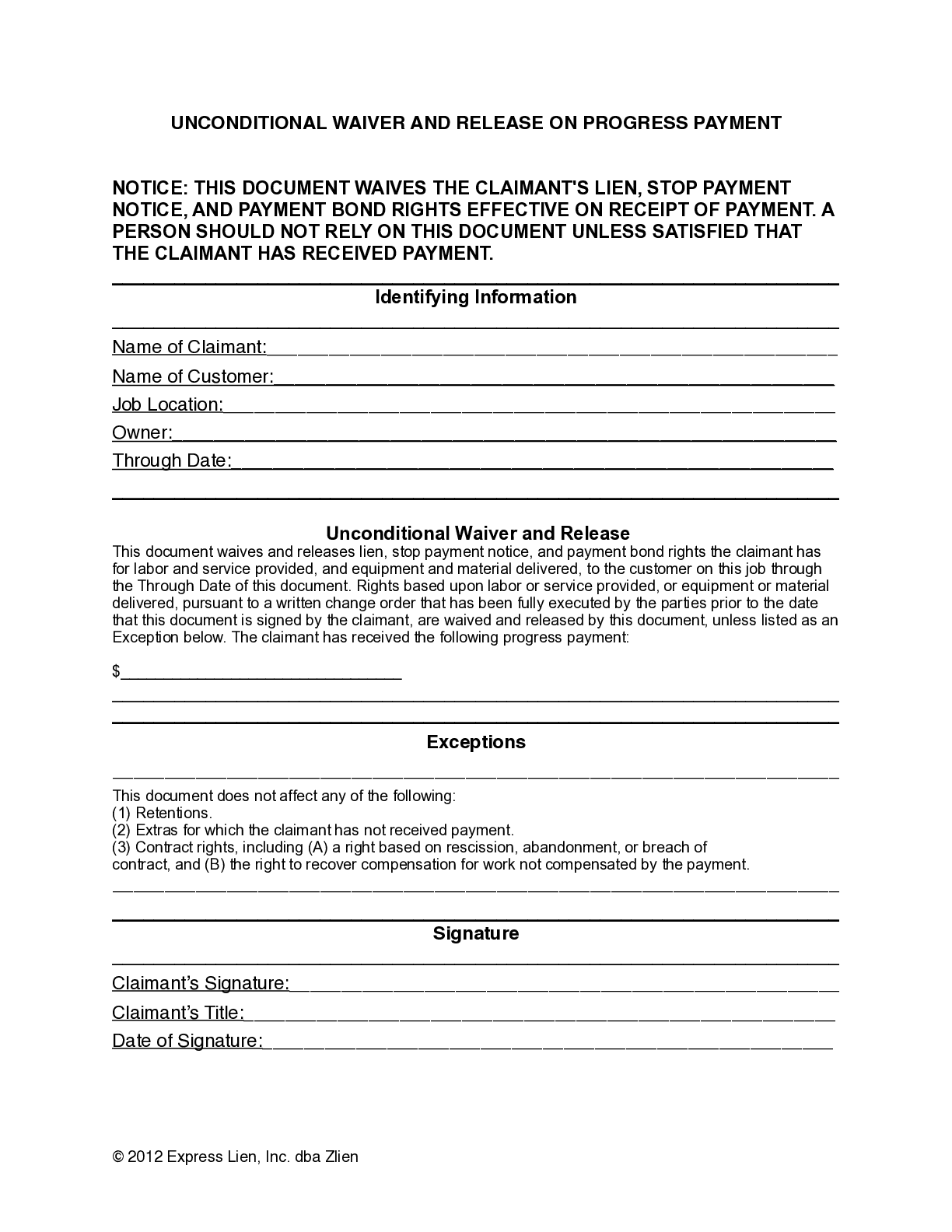Alaska Payment Terms Overview
- Private Jobs
- Public Jobs
- Top Links
Pay When Paid Likely Enforceable
Alaska has not squarely addressed the enforceability of pay when paid provisions. But language in a 1984 case, Industrial Indem. Co. v. Wick Constr. Co., 680 P.2d 1100 (Alaska 1984) suggests that the court may enforce this provision. However, the case did not directly address enforceability. A clear and specific pay when paid clause, therefore, would likely be enforceable on either public or private jobs as a pay IF paid clause.
Pay If Paid Validity Unclear but Likely Enforceable
Case law suggests that a clear and explicit Pay If Paid clause will be enforceable in Alaska, but it is not entirely clear. A 1984 case Industrial Indem. Co. v. Wick Constr. Co appeared to enforce an explicit pay-when-paid clause. These provisions are treated equally in public or private projects.
Trust Fund Statute Does Not Exist
Alaska does not have a construction trust fund statute. Alaska courts have held that the mechanics lien is the sole remedy for construction payment issues, and works to bar any other path to recovery against parties with whom the claimant didn't contract directly.
Retainage Not Regulated
Alaska does not regulate retainage amounts or process on private jobs. Accordingly, retainage on private projects is set and governed solely through contract.
No Prompt Pay Provisions for Private Projects
Alaska does not have any prompt payment regulations related to private projects. The roper time for payment, therefore, is set by contract.
Lien Waiver Form Not Regulated
Alaska does not mandate the use of a particular lien waiver form by statute, so parties are free to use and form with any words they want. However, Alaska does regulate the timing of lien waivers, and waivers are not allowed prior to work.
Pay when Paid Likely Enforceable
Alaska has not squarely addressed the enforceability of pay when paid provisions. But language in a 1984 case, Industrial Indem. Co. v. Wick Constr. Co., 680 P.2d 1100 (Alaska 1984) suggests that the court may enforce this provision. However, the case did not directly address enforceability. A clear and specific pay when paid clause, therefore, would likely be enforceable on either public or private jobs as a pay IF paid clause.
Pay If Paid Validity Unclear but Likely Enforceable
Case law suggests that a clear and explicit Pay If Paid clause will be enforceable in Alaska, but it is not entirely clear. A 1984 case Industrial Indem. Co. v. Wick Constr. Co appeared to enforce an explicit pay-when-paid clause. These provisions are treated equally in public or private projects.
Trust Fund Statute Does Not Exist
Alaska does not have a construction trust fund statute governing the treatment of construction funds prior to payment
Retainge Determined by Contract
Alaska allows parties on public construction projects to set the amount and process related to retainage through contract, with no regulation or limit set out by statute.
Payment Due to Subs/Suppliers in 8 Days
For Subs & Suppliers, payment is due within 8 days from receipt of payment from above. Payment to GCs is required within 30 days from request for payment. Note, however, that if grant funds are to be used for payment, payment is due by the later of 21 days from delivery of invoice or public entiy's receipt of grant funds.
Construction payment is highly regulated all over the United States. Legislation related to payment timing, what percentage of payment may be withheld, how lien rights or other security instruments play into the payment scheme, and more all must be balanced with the ability of construction participants to freely contract as they see fit.
In Alaska, freedom of contract generally wins out with respect to private construction projects (with a few exceptions), but there are more rules and regulations that apply to public works projects. Generally, on private projects, property developers, contractors, and suppliers can enter into construction contracts that control payment terms with very little oversight or limiting regulation from statute. Alaska allows parties on most projects to set the time for payment, the retainage amount, and even agree that receipt of payment by a paying party can be a specific condition precedent to payment down the chain in order to shift the risk of nonpayment on a project to parties lower on the payment chain, through pay if paid provisions.
This means that construction participants on private projects in Alaska should be very careful and thorough in reviewing their contracts. Especially since some pay if paid provisions are included in “standard” construction contracts.
One thing that Alaska does not allow construction participants to modify by contract, however, is the ability to file a lien to secure the amount due. While lien waivers are generally unregulated in Alaska, and parties may use any form with any wording they want, lien rights may not be waived in contract prior to furnishing work. And, for wage laborers, lien rights may not be waived prior to payment. Alaska courts have held that the mechanics lien remedy is the sole remedy for construction payment issues, and works to bar any other path to recovery against parties with whom the claimant didn’t contract directly.
There are some key laws that regulate the construction payment process in Alaska, which include:
- Lien Rights Laws
- Preliminary Notices
- Lien Waivers
- Mechanic Liens
- Bond Claims
- Retainage Laws
- Prompt Payment Laws
Public projects in Alaska have a bit more statutory regulation governing the payment terms. Retainage, while not limited in amount, is regulated with respect to timing of release, and there are specific timing provisions for payment sent forth by prompt pay statutes.
Note, however, that the applicability and enforceability of pay when paid and pay if paid provisions apply equally to public projects, as well, so the heightened regulations is not an excuse to not be diligent with respect to reviewing contracts.
It’s important for everyone on a construction project to treat one another fairly. But, when it comes to signing construction contracts in Alaska, and exchanging payment applications, and eventually, payment . . . it’s important to know the rules of the game. This page provides a resource to you to really understand those rules.

